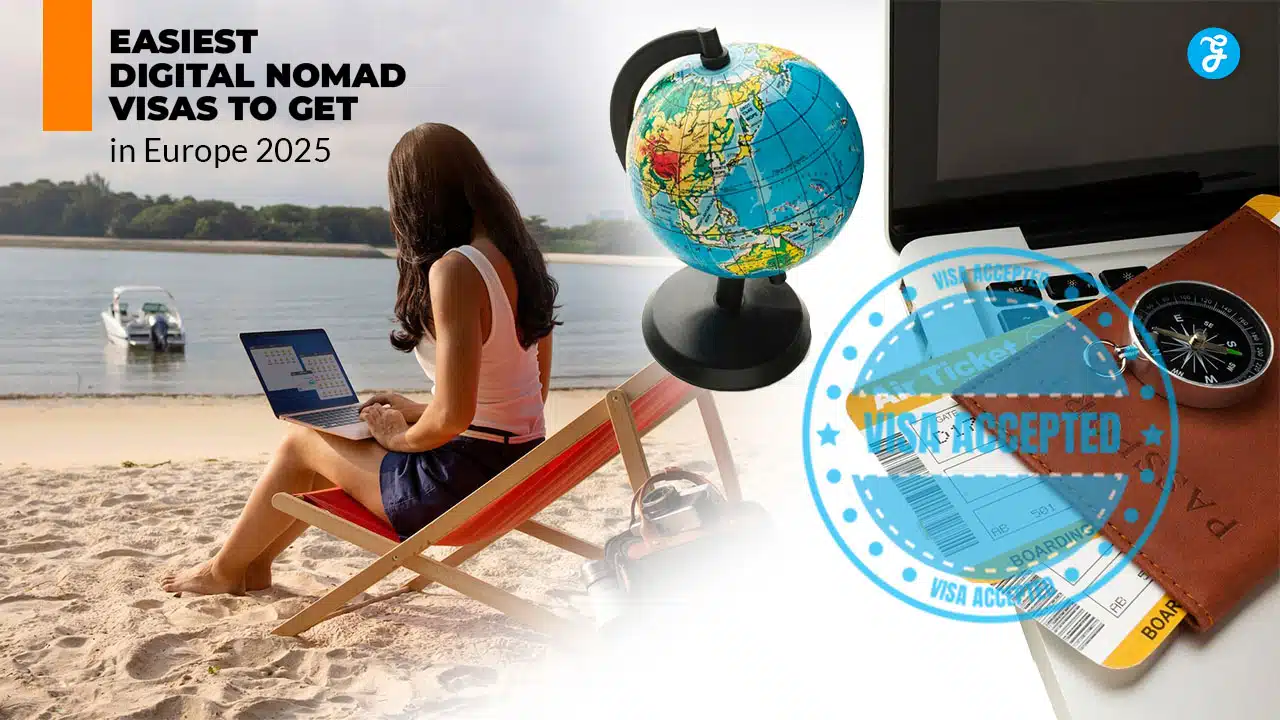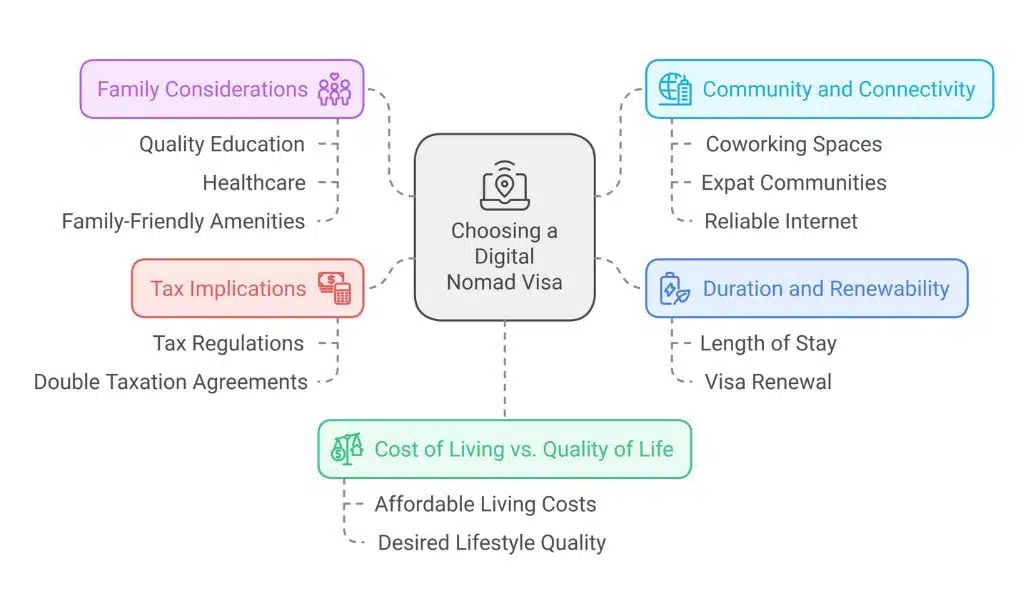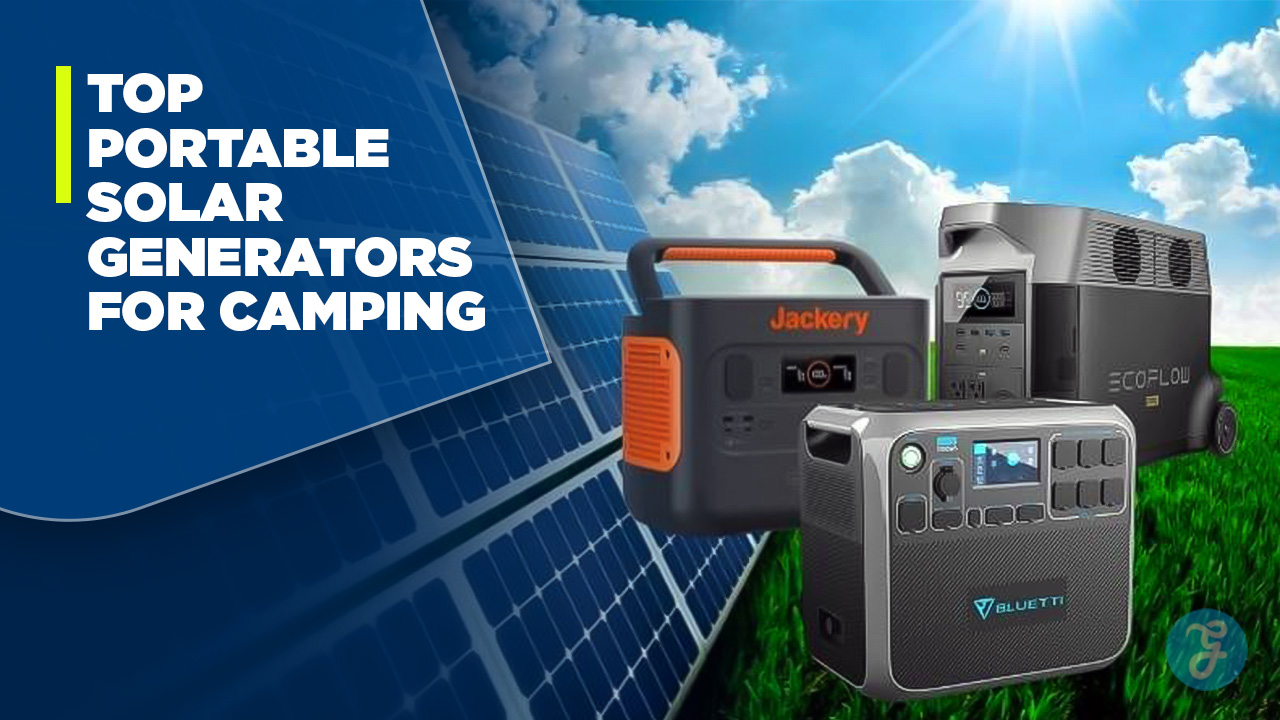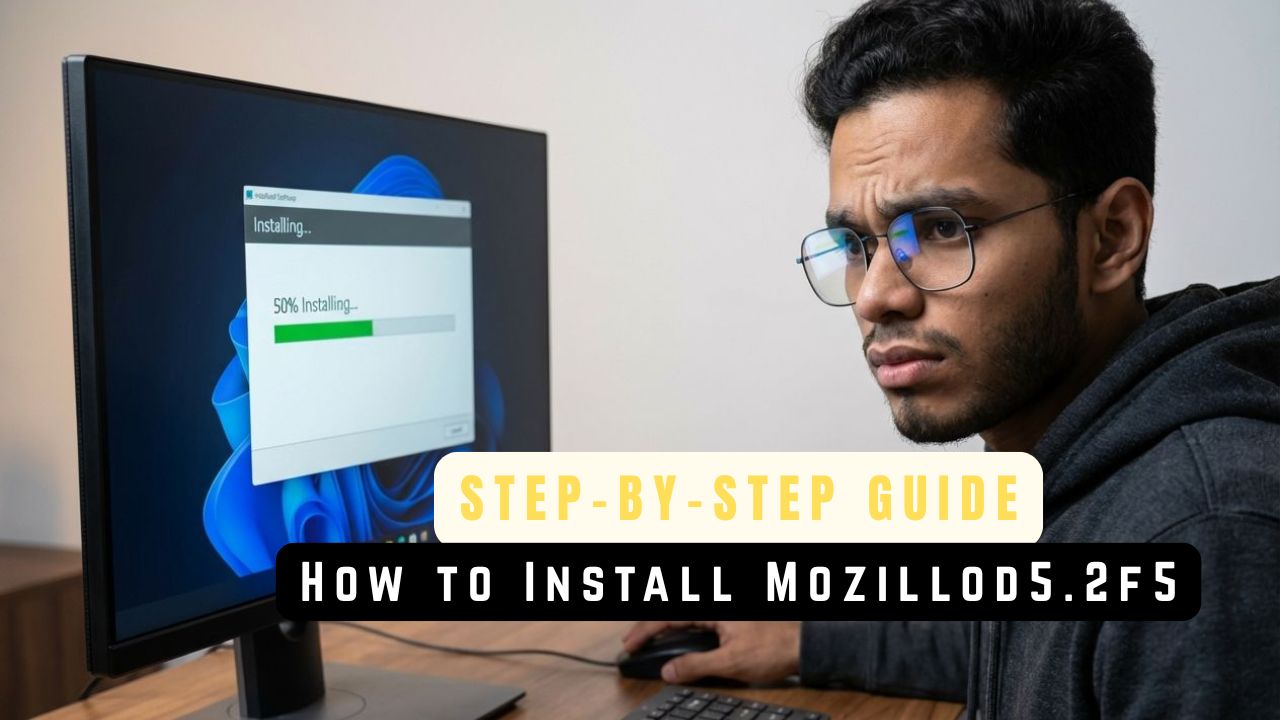In an era where remote work is increasingly prevalent, Europe has emerged as a prime destination for digital nomads seeking a blend of professional opportunities and enriching lifestyles.
The continent’s diverse cultures, robust infrastructure, and favorable visa policies make it an attractive option for remote workers worldwide.
This article explores some of the most accessible digital nomad visas in Europe for 2025, providing insights into visa requirements, cost of living, taxation, and family-friendly amenities.
What Are Digital Nomad Visas?
Digital nomad visas are specialized permits that allow individuals to reside in a foreign country while working remotely for employers or clients outside that country.
These visas cater to freelancers, entrepreneurs, and remote employees, offering legal residency without the need for local employment contracts. For those considering long-term residency or investment opportunities in Europe, you might also explore the Golden Visa programs in Europe.
Unlike traditional work visas, digital nomad visas typically have streamlined application processes and are designed to attract remote workers who contribute to the local economy without occupying local jobs.
Key Benefits of Being a Digital Nomad in Europe
- Cultural Diversity: Europe’s rich tapestry of cultures, languages, and histories provides a unique backdrop for personal and professional growth.
- High-Quality Infrastructure: Many European countries boast excellent internet connectivity, reliable public transportation, and modern amenities essential for remote work.
- Proximity for Travel: The continent’s compact geography allows for easy travel between countries, enabling digital nomads to explore various regions with ease.
- Healthcare and Safety: Access to quality healthcare systems and high safety standards contribute to a comfortable living environment.
- Professional Networking: Thriving tech hubs and coworking spaces offer ample opportunities for networking and collaboration.
Factors to Consider When Choosing a Digital Nomad Visa 2025
- Duration and Renewability: Understanding the length of stay permitted and the possibility of visa renewal is crucial for long-term planning.
- Tax Implications: Each country has its tax regulations; it’s essential to comprehend potential tax liabilities and any existing double taxation agreements.
- Cost of Living vs. Quality of Life: Balancing affordable living costs with desired lifestyle quality is key to a satisfying nomadic experience.
- Family Considerations: For those with dependents, evaluating the availability of quality education, healthcare, and family-friendly amenities is important.
- Community and Connectivity: Access to coworking spaces, expat communities, and reliable internet are vital for productivity and social engagement.
6 Easiest Digital Nomad Visas to Get in Europe in 2025
Europe offers some of the most accessible digital nomad visas, tailored to remote workers seeking a blend of culture, connectivity, and convenience. These visas have straightforward requirements, reasonable income thresholds, and options for long-term stays.
| Country | Visa Name | Duration | Income Monthly | Tax Rate | Avg. Living Cost | Family Friendly |
| Estonia | Digital Nomad Visa | 1 Year | €4,500 | 20% | €1,200/month | Yes |
| Portugal | D8 Visa | 2 Year | €3,280 | 10-20% | €1,500/month | Yes |
| Croatia | Digital Nomad Visa | 6-12 Months | €2,870 | Tax-Free | €1,100/month | Yes |
| Spain | Digital Nomad Visa | 1 Year | €2,500 | 15-24% | €2,000/month | Yes |
| Greece | Digital Nomad Visa | 1 Year | €3,500 | 7% | €1,300/month | Yes |
| Malta | Nomad Residence Permit | 1 Year | €2,700 | 15% | €1,700/month | Yes |
Let’s explore the easiest visas to apply for in 2025 and why they’re ideal for digital nomads.
1. Estonia
Estonia was a pioneer in introducing the digital nomad visa, offering a one-year permit with the possibility of a six-month extension. Estonia is considered one of the safest countries in the world, with a high standard of living.
- Visa: Estonia’s Digital Nomad Visa allows for a one-year stay with an option for an extension.
- Income: €4,500/month minimum.
- Taxation: Flat 20% income tax after six months of residency.
- Family Friendly: Excellent healthcare and education.
Eligibility Requirements:
- Proof of remote work for a company registered outside Estonia or as a freelancer with clients abroad.
- Minimum monthly income of €4,500, maintained for at least six months before application.
- Comprehensive health insurance coverage.
Living in Estonia:
- Cost of Living: Moderate, with average monthly expenses of around €1,200, including housing, food, and transportation.
- Taxation: After six months of residency, individuals may become tax residents, subject to Estonia’s flat income tax rate of 20%.
- Family Opportunities: Access to quality healthcare and education systems.
- Infrastructure: Renowned for its advanced digital infrastructure and e-governance services.
- Lifestyle: Safe environment with a rich cultural scene and numerous outdoor activities.
2. Portugal
Portugal offers the D8 Visa, suitable for remote workers and freelancers, with a validity of two years and the possibility of renewal.
- Visa: The D8 Visa is valid for two years and can be renewed.
- Income: €3,280/month (passive or remote work).
- Taxation: The NHR tax regime offers a flat 20% on certain incomes.
- Family Friendly: High-quality international schools and healthcare.
Eligibility Requirements:
- Proof of sufficient passive income or earnings from remote work, typically around €3,280 per month.
- Valid health insurance.
- Proof of accommodation in Portugal.
Living in Portugal:
- Cost of Living: Varies by region; Lisbon and Porto are more expensive, while smaller towns offer more affordable options.
- Taxation: The Non-Habitual Resident (NHR) scheme offers tax benefits, including a flat 20% tax rate on certain incomes.
- Family Opportunities: High-quality international schools and healthcare facilities.
- Community: Vibrant expat communities and numerous coworking spaces.
- Lifestyle: Mild climate, beautiful beaches, and rich culinary traditions.
3. Croatia
Croatia’s digital nomad visa allows non-EU citizens to reside for up to one year, with the possibility of renewal.
- Visa: Croatia’s visa lasts for up to one year, renewable.
- Income: €2,870/month.
- Taxation: No income tax for digital nomads.
- Family Friendly: Public healthcare and schools available.
Eligibility Requirements:
- Proof of remote work for a company not registered in Croatia or as a freelancer with foreign clients.
- Minimum monthly income of approximately €2,870.
- Health insurance is valid in Croatia.
Living in Croatia:
- Cost of Living: Relatively affordable, with average monthly expenses around €1,100.
- Taxation: Digital nomads are exempt from income tax during their stay.
- Family Opportunities: Access to public healthcare and education; international schools available in major cities.
- Community: Growing digital nomad communities, especially in cities like Zagreb and Split.
- Lifestyle: Mediterranean climate, stunning coastline, and rich historical sites.
4. Spain
Spain’s digital nomad visa permits remote workers to reside in the country for up to one year, with the possibility of renewal.
- Visa: Spain’s digital nomad visa offers a one-year stay, renewable.
- Income: €2,500/month.
- Taxation: 24% tax rate under the Beckham Law for foreigners.
- Family Friendly: Excellent healthcare, international schools.
Eligibility Requirements:
- Proof of remote work for a company outside Spain or as a freelancer with international clients.
- Minimum monthly income requirement, typically around €2,500.
- Health insurance coverage.
Living in Spain:
- Cost of Living: Around €2,000 per month in major cities like Barcelona or Madrid, with lower costs in smaller towns.
- Taxation: Beneficial taxation policies for digital nomads under Spain’s Beckham Law, offering a flat 24% tax rate on certain incomes.
- Family Opportunities: High-quality international schools and robust healthcare options.
- Community: Thriving expat and digital nomad hubs in cities like Valencia, Seville, and Málaga.
- Lifestyle: Renowned for its sunny climate, world-class cuisine, vibrant culture, and laid-back lifestyle.
5. Greece
Greece introduced a digital nomad visa offering a one-year stay, extendable for up to three years, designed to attract remote professionals.
- Visa: One-year visa with a potential extension.
- Income: €3,500/month.
- Taxation: Income tax reduction of 50% for long-term residents.
- Family Friendly: Affordable private schooling and healthcare.
Eligibility Requirements:
- Proof of remote employment for clients abroad.
- Minimum monthly income of €3,500, which increases slightly if applying with dependents.
- Health insurance is valid in Greece.
Living in Greece:
- Cost of Living: Average monthly expenses are around €1,300 in Athens, while smaller islands and towns can cost less.
- Taxation: Digital nomads who stay less than 183 days are exempt from local taxes. Long-term residents may benefit from a 50% income tax reduction for up to seven years.
- Family Opportunities: Affordable private schools, excellent healthcare services, and safe neighborhoods.
- Community: Emerging coworking spaces in Athens, Thessaloniki, and Crete; vibrant expat communities.
- Lifestyle: Known for its scenic islands, Mediterranean cuisine, and relaxed pace of life.
6. Malta
Malta offers the Nomad Residence Permit, which allows non-EU citizens to stay for up to one year, with renewals possible.
- Visa: Malta offers the Nomad Residence Permit for one year.
- Income: €2,700/month.
- Taxation: No tax on foreign-earned income.
- Family Friendly: English-speaking environment with international schools.
Eligibility Requirements:
- Proof of employment or freelancing for clients outside Malta.
- Minimum monthly income of €2,700.
- Health insurance and a clean criminal record.
Living in Malta:
- Cost of Living: Higher than average for Europe, with monthly expenses around €1,700. Housing tends to be the largest cost.
- Taxation: Malta does not tax income earned outside its borders for digital nomads.
- Family Opportunities: Safe and English-speaking environment, with reputable international schools and healthcare facilities.
- Community: Strong expat and remote worker network; coworking spaces are abundant.
- Lifestyle: Sunny climate, historic sites, and proximity to beaches make Malta a popular choice.
Additional Costs and Lifestyle Considerations
- Food and Cuisine: Countries like Spain, Portugal, and Greece are celebrated for their delicious, affordable cuisines, while Estonia offers a blend of traditional and modern European fare.
- Housing: Rent varies; coastal regions like Portugal’s Algarve or Croatia’s Split may cost more than rural towns.
- Transportation: Efficient and affordable public transport systems in cities, while car rentals are common in smaller regions.
- Health Insurance: Ensure your insurance is valid abroad; some visas require proof of coverage.
- Education: Access to international schools and bilingual programs in most family-friendly countries.
- Entertainment: Access to cultural festivals, historical sites, and vibrant nightlife.
Tips for Applying for a Digital Nomad Visa
- Gather documentation early, including proof of income, remote work, and insurance.
- Use local legal services or expat relocation experts for smoother applications.
- Learn basic language skills and research integration programs for seamless relocation.
Takeaways
Europe continues to be a dream destination for digital nomads in 2025, offering a variety of visa programs that cater to diverse needs.
Whether you seek the cultural richness of Spain, the affordability of Croatia, or the tech-forward landscape of Estonia, there’s a European destination that’s perfect for you.
Embrace the opportunity to work remotely while enjoying the unparalleled experiences Europe has to offer. The time to explore, live, and thrive as a digital nomad in Europe is now!







































